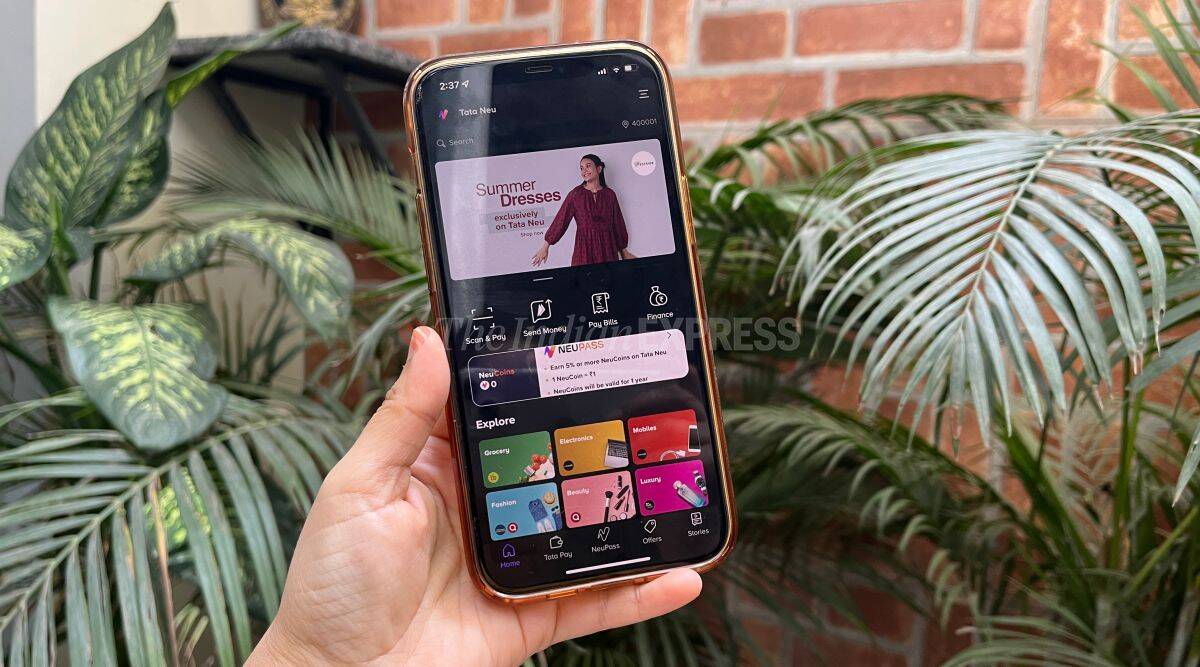Technology is a double edged sword. Every coin has two sides. Undoubtedly, internet technology has reduced thousands of kilometres distance into ‘just a call away‘ span; all you need to do is a click and you can virtually travel whole globe. But, along with the positive revolution brought by internet and technoference, the constant intrusion of technology in everyday life, brings the cons. Rise in human use of Internet and technology can toll your mental well being resulting into mental disorders.
List of Technologically Related Mental Health Disorders Identified in Recent Years:
Internet Addiction” or “Internet Compulsion
Psychological dependence on internet can make you internet addict. People find it very stressful to stay off the Internet for longer time if get in the habit of using it all the time. They even may experience problems in real-life social and academic functioning.
Internet addiction may not be same as substance addiction like drug or alcohol but share certain common characteristics: salience, compulsive use (loss of control), mood modification and the alleviation of distress, tolerance and withdrawal and the continuation despite negative consequences. An Internet addict can experience a form of withdrawal symptoms and unable to function normally without being in regular online contact.
Researchers have also linked compulsive Internet use to a range of mental health concerns including low self-esteem, loneliness, depression, social phobia, and even suicidal thoughts.
Selfitis- Selfie Craze and Addiction
People take selfies to improve their mood, draw attention to themselves, increase their self confidence and connect with their environment.
‘Selfitis’ term was first coined in 2014 to describe obsessive selfie-taking in a spoof news story which suggested the American Psychiatric Association (APA) was considering classifying it as a disorder.
Following are the Types of Selfitis based on Frequency and Sharing Socially
Borderline Selfitis – up to three selfies per day, but not sharing on social media
Acute Selfitis– three selfies per day, and sharing them on social media.
Chronic Selfitis – Uncontrollable urge to take photos of one’s self round the clock and posting the photos on social media more than six times a day.
Joint research at Nottingham Trent University and Thiagarajar School of Management, India developed a ‘Selfitis Behaviour Scale’ which can be used to assess its severity. Though contradictory to the findings of this study just claim psychologists claim “taking selfies” might be a genuine mental disorder.
This research identified six motivating factors for selfitis behaviour- attention seeking, social competition, mood modification, subjective conformity with social groups, self-confidence enhancement, and environmental enhancement.
Phantom Ringing Syndrome
Have you ever felt vibration or ringing even when the phone is switched off or phone was not in your pocket. Phantom vibrations and ringing of mobile phones are prevalent hallucinations. In 2003 an article entitled “Phantom Vibration Syndrome” published in the New Pittsburgh Courier, states that our mind or body tell us the imaginary vibrations belts, pockets and even purses which may be result of physical nerve damage or mental disorders.
Nomophobia
The anxiety that arises from not having access to one’s mobile device. The term “Nomophobia” is an abbreviation of “no-mobile phobia.”
Nomophobia is clearly visible in all those individuals that use their cell phone to communicate and keep in touch with their employees, colleagues, friends and family.
Google Effect
Google has replaced our books. Earlier time when children had doubt or any curiosity, they would straight go to teachers, parents or libraries to quench their curiosities. But now the scenario has changed completely, Google has replaced our conventional way of learning and teaching both.
Boundless access to information has caused our brain to retain less information because it knows that all answers are only a few clicks away. Google Effect isn’t necessarily a bad thing. It could be the mark of societal evolution where the end result is a smarter, more informed populace. But, “Don’t have to memorize this because I can just Google it later” attitude have altered the very way our brains function.
Cyber Sickness
The disorientation and dizziness some people feel when interacting with certain digital environments. Cyber-sickness or digital motion sickness is a form of Motion sickness, provoked by exposure to virtual reality. It’s basically our brains getting tricked into motion sickness when we’re not actually moving.
Cyberchondria
Cyberchondria, according to the New York State Psychiatric Institute’s Emily Doherty-Torstrick and colleagues (2016), refer to “searching the web excessively for health care information” (p. 390). It’s an exaggeration of “online symptom checking.”
It is becoming quite common, many patients visit a doctor with self diagnosed treatment planning. In worse case people don’t even bother to visit any physician and start self treatment.
It is a common human psychology, which always reaches to the worst possible conclusions.For example, you may have headache, you started googling to get into the root cause. There are wide array for reasons for headache, you think you have headache due to brain tumor. You can always find a way to turn any symptom into a million awful diseases.
Remember if your diagnosis is rare , your treatment plan would be rarer. Reaching out to Google to relieve your health related anxieties can make you to misinterpret normal variations in the body’s functions as reflecting symptoms of a serious disease.Looking online to get symptom information makes you feel more anxious.
The health related content should not be considered to be a substitute for professional medical advice, diagnosis or treatment.





